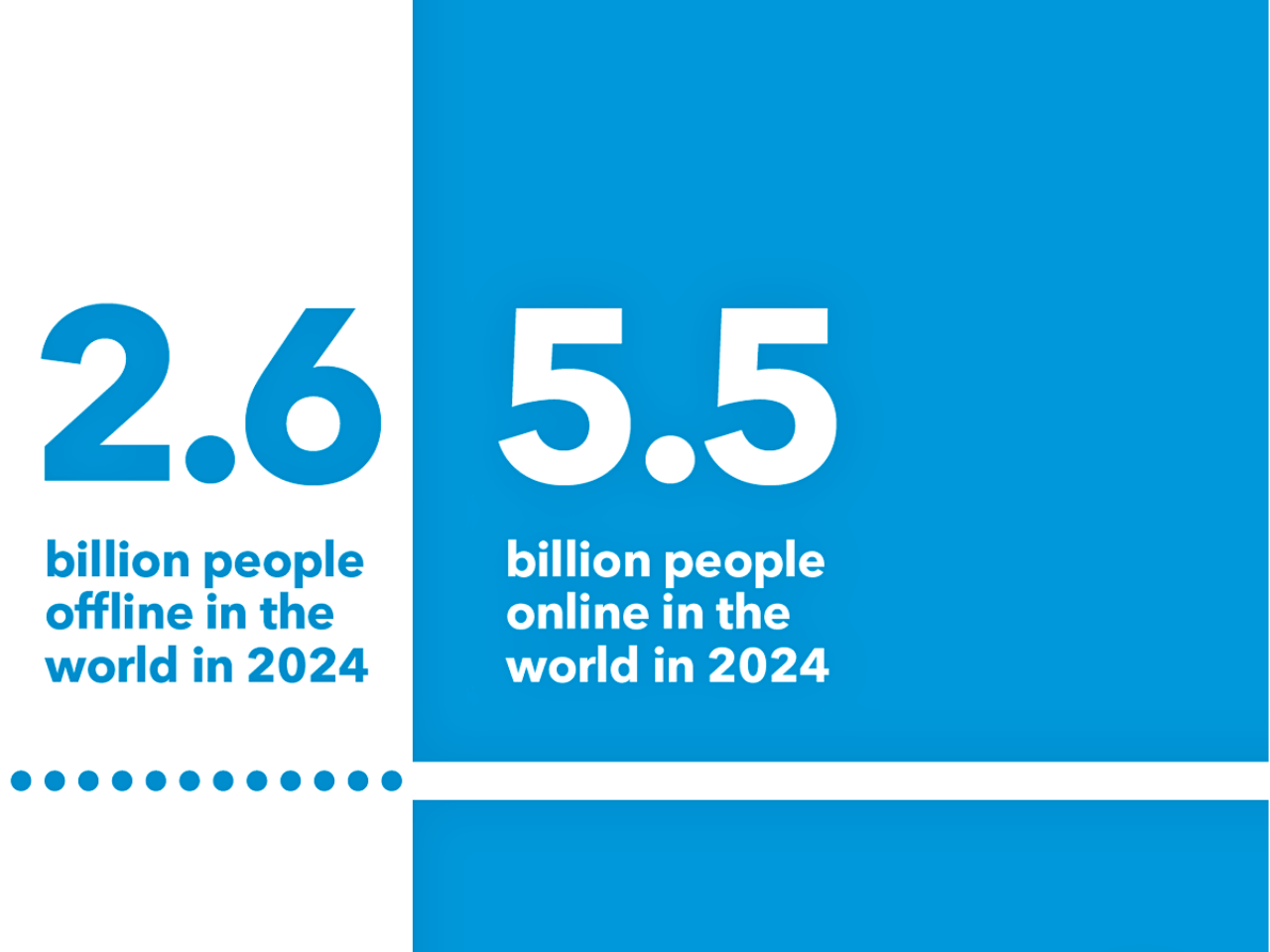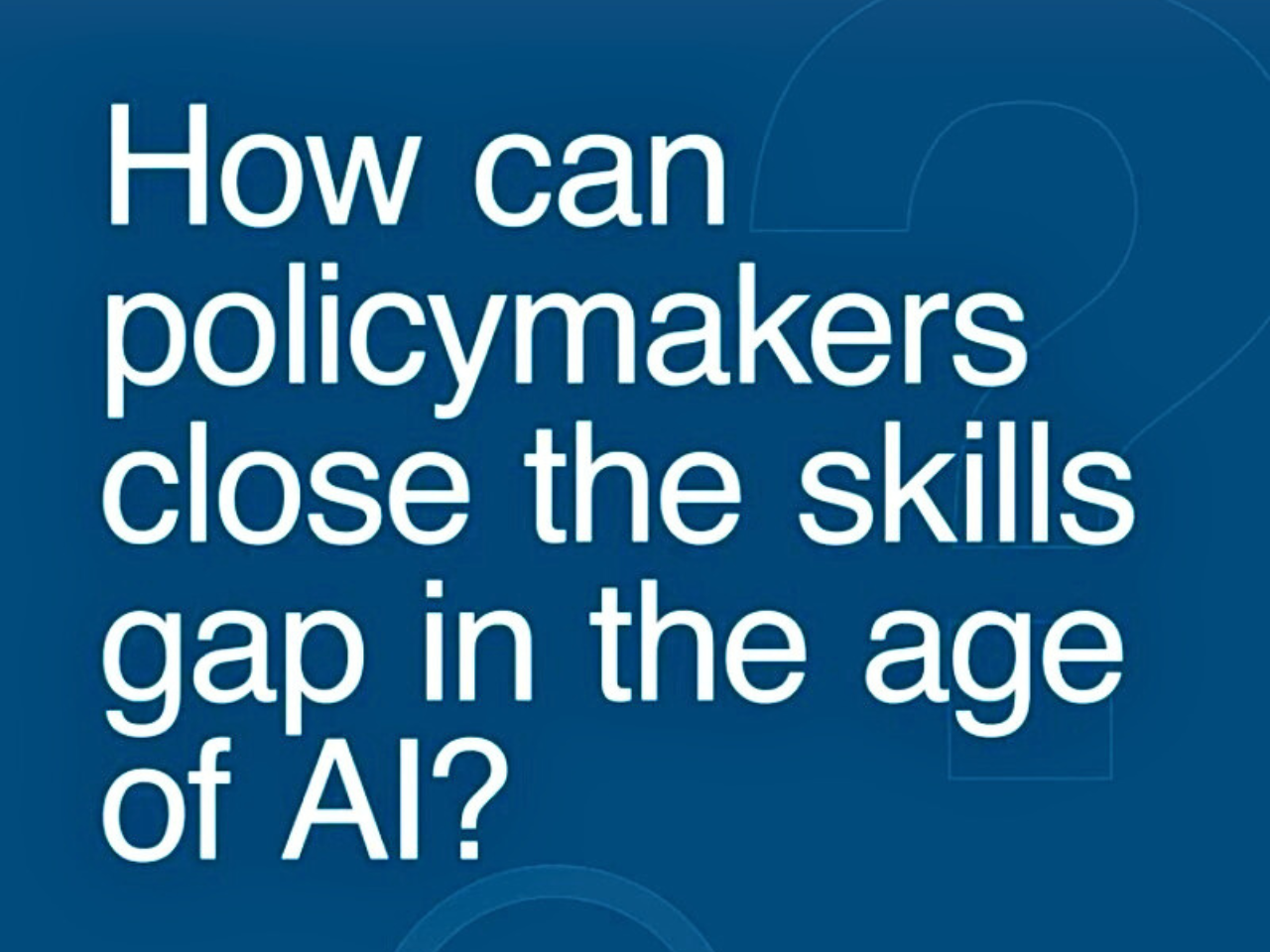Bridging the Youth Job Gap: A Call to Action for Governments and Private Sector
In the next 10 years, over 1.2 billion youth from emerging economies, or at-risk countries, will be entering the labor market. The situation is a bit dire since estimates say only about 420 million new jobs will be created in that time span. The gap is plainly an opportunity for looking for new solutions that hopefully will create jobs at scale and provide youth with the skills to work in an environment that is rapidly changing.
The expert’s opinion from the recent World Bank event was that Frederico Gil Sander and Henriette Kolb responded to the urgency for fostering government and private sector cooperation to bridge the gap. While governments should be making improvements in infrastructure capacity (making sure that at minimum there is access to the internet and electricity, in addition to getting a grasp on increasing the productivity of the education system), they should also be looking at the schools, developing not only technical skills like select trades but also communication, teamwork, and agility skills, which are requested skills in the present labor market. Moreover, the funding must be stepped up to ensure that youth are getting digital skills development, particularly given that a very small percentage of young people in developing economies have access to get basic ICT training, which is nearly 10 percent.
In rural areas, agribusiness and food processing may also be substantial employment engines, which means that job opportunities can extend beyond the big cities. The most significant solution is start-up initiatives; the core suggestions from both experts are improving training access, investment, and mentor guidance for young people. Digital marketing access is critical for youth to start a business, so online platforms and intensive courses can benefit youth by developing their skills to be competitive and giving them more cost-effectiveness.
In the end, the versatile approach is needed to close youth job gaps, and the government should provide a proper environment and initiate businesses and responsible funding without taking away opportunities for the next generation of people. It will grow as part of education and a broad spectrum of possibilities towards inclusive growth.
Latest News
Bridging the Digital Divide: $2.6-2.8 Trillion Needed to Connect 1/3 of Global Population
Saudi Arabia has calculated that it would require between 2.6 and 2.8 trillion dollars to provide internet access to everyone worldwide by 2030, as outlined in the Connecting Humanity Action Blueprint. The report emphasizes the required investment in infrastructure, skills, affordability, and regulatory frameworks if we want to connect the 1/3 of the global population not yet connected to the Internet

£8 Million Boost for Welsh Arts: 40 Organizations Receive Funding for Cultural Growth
Investment in theaters, galleries, cinemas, and art-based community centers by the government will ensure institutional development and generate interest among future generations by enjoying Welsh culture, heritage, literature, and language. This would be their part of economic growth from art sectors, will generate employment, and will generate income for local businesses

IFC Makes Historic $20 Million Investment in Bhutan's Power Sector for Enhanced Electricity Reliability
This financing, with the support of the Private Sector Window of the International Development Association, will bring Bhutan its first Bhutanese Ngultrum (BTN)-linked loan, create IFC’s first infrastructure investment in Bhutan, and be the first investment in the power distribution sector in Asia by a state-owned enterprise

1 Billion People Suffering: Global Mental Health Crisis Demands Urgent Action
In high-resource countries, spending on mental health can be as high as US$65 per person and can be an extremely low US$0.04 in low-resource settings. Globally, the number of 33 mental health workers per 1,00,000 of population shows that they are from developing areas. In regard to service delivery, there still remains a very low percentage of countries (fewer than 10%) that have completely transitioned to care based on communities


